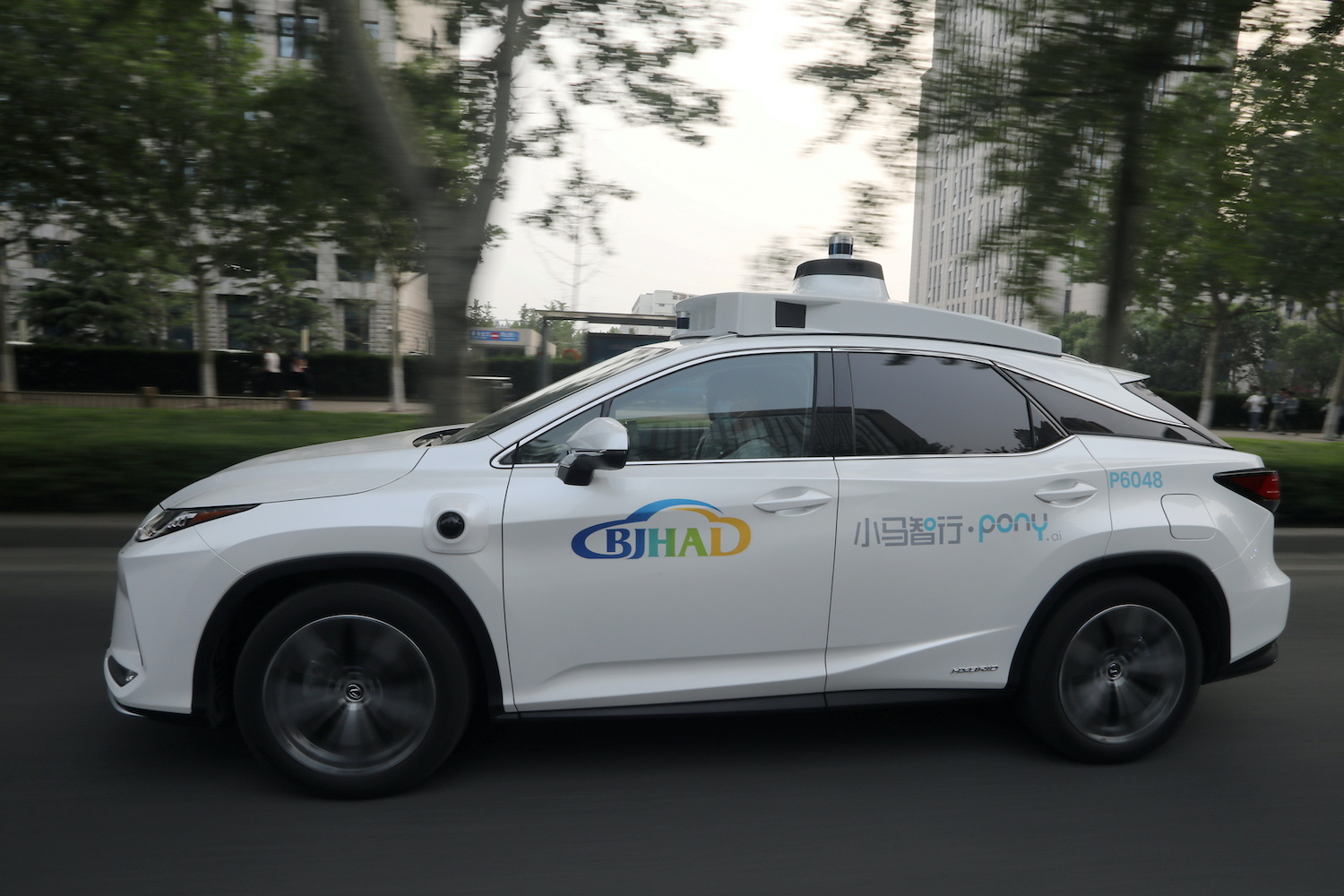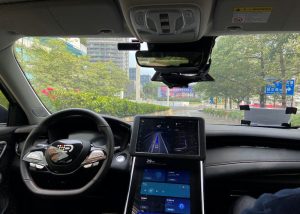China’s autonomous vehicle manufacturers are no match for their western competitors, which have superior algorithms and more advanced drive-assistance systems, a leading US research institute says.
US firms including Waymo, Cruise, and Tesla also have greater testing and data collection than their Chinese counterparts, says Scott Kennedy, a senior researcher in Chinese business and economics at the Center for Strategic and International Studies (CSIS), in a report.
“Chinese AV companies have improved gradually over the past five years, but they are no match for their Western counterparts,” Kennedy said. “The best place to compare them head-to-head is how Chinese cars operate on the road. No one has successfully rolled out genuine autonomy, where occupants can take their hands off the wheel and doze off into space (Level 4 automation), or where there is no steering wheel at all (Level 5).’’
China’s Arcfox, which has developed an autonomous vehicle system in cooperation with Huawei, recently shared a video in which the driver had to intervene multiple times within a few minutes, in part because Chinese roads are so unpredictable, the report said.
In 2020 testing, Waymo vehicles required interventions once every 29,900 miles and Cruise every 28,500 miles, far ahead of Chinese rivals Pony.ai (10,700 miles) and WeRide (6,500 miles), the report says.
US Further Ahead
In terms of underlying technology the US and western allies are even further ahead, CSIS says. A key component of autonomous vehicle systems is highly advanced artificial intelligence chips that collect and process data about the vehicle’s surrounding environment and US chip firm Nvidia dominates the market for graphic processing unit (GPU) chips that perform these functions, the report said.
“Nvidia is a supplier to just about every AV maker in the world, including in China,’’ said Kennedy. “There are a few Chinese upstarts in this space, but they are still significantly behind Nvidia in terms of basic technology and the breadth of the ecosystem they can support.’’
The Chinese upstarts in this space, such as Iluvatar CoreX and Biren Technology, remain significantly behind Nvidia in both basic technology and the breadth of the ecosystem they can support, said Kennedy. Their chips also are built on the foundation of Nvidia’s Compute Unified Device Architecture (CUDA), meaning that it would be extremely difficult for them to elevate themselves to the top of the technology hierarchy, the report said.
CUDA has a similarly dominant status as Qualcomm’s CDMA (code division multiple access) technology for mobile telephony, Microsoft’s Windows in desktop computing, and Google’s Android in smartphones, Kennedy said.
• By Kevin Hamlin
ALSO ON AF:
GM Invests In Chinese Autonomous Driving Startup Momenta
























